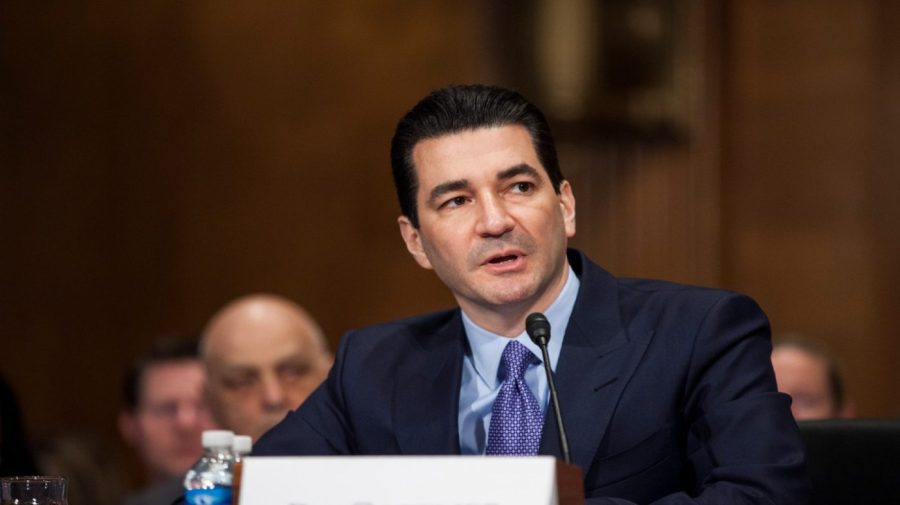Patients diagnosed with a highly aggressive form of breast cancer may soon have access to new treatment options following successful trial results from both AstraZeneca and Gilead Sciences. These advancements mark the first significant progress in over a decade for patients suffering from metastatic triple-negative breast cancer, a particularly challenging subtype that accounts for approximately 10% to 20% of all breast cancer cases.
Both companies presented their findings at the European Society for Medical Oncology (ESMO) conference, showcasing the efficacy of an innovative treatment known as an antibody-drug conjugate. This method aims to provide a first-line therapy for patients who have not been eligible for traditional immunotherapy options, such as checkpoint inhibitors, primarily because their tumors do not express the targeted proteins.
Clinical Implications and Choices for Oncologists
The introduction of these new therapies presents a dual challenge for clinicians. With two promising drugs now available, oncologists will need to navigate which option to prescribe based on individual patient needs. The studies indicate a significant improvement over traditional chemotherapy regimens, which have not seen any new first-line drugs approved for this patient group for over a decade.
The urgency of this development cannot be understated. For many patients with triple-negative breast cancer, the lack of effective treatment options has led to dire prognoses. The successful results from AstraZeneca and Gilead offer a glimmer of hope for those affected, as these therapies could potentially enhance survival rates and quality of life.
Concerns About Misinformation in Science
In a separate but equally pressing discussion, Noubar Afeyan, co-founder and chairman of Moderna Therapeutics, has expressed concern regarding the ongoing misinformation about mRNA technology. Once celebrated for its role in combating the COVID-19 pandemic, Moderna has faced scrutiny and backlash from government officials and critics who have perpetuated false narratives surrounding its vaccines.
Afeyan warns that these attacks are indicative of a broader threat to scientific integrity. He highlighted that the scientific method, which fosters skepticism and rigorous inquiry, is being undermined by individuals lacking a scientific background. He pointed out that such skepticism could lead to doubts about established treatments, including chemotherapy and new breakthrough therapies for various diseases.
“People are questioning chemotherapy. They will likely question new breakthrough drugs for other serious diseases,” Afeyan stated, emphasizing the potential repercussions of these unfounded claims.
As the landscape of cancer treatment evolves, the need for accurate information and robust scientific discourse remains crucial. The promising findings from AstraZeneca and Gilead could redefine treatment strategies for triple-negative breast cancer, while the conversation surrounding mRNA technology highlights the importance of defending scientific advancements against misinformation.
Continued monitoring of these developments will be essential as both the medical community and patients navigate the complexities of treatment options and the broader implications of scientific integrity in healthcare.







